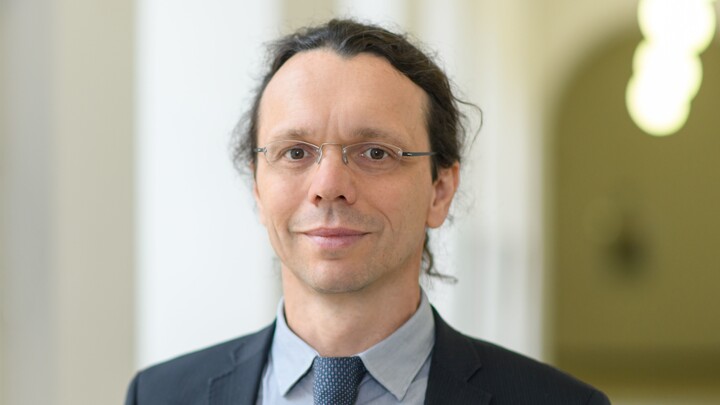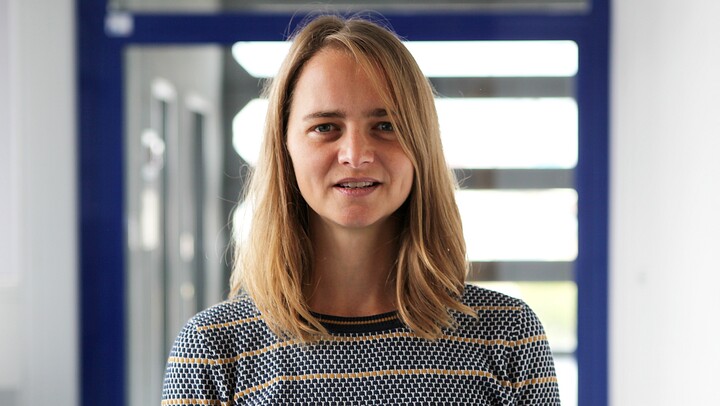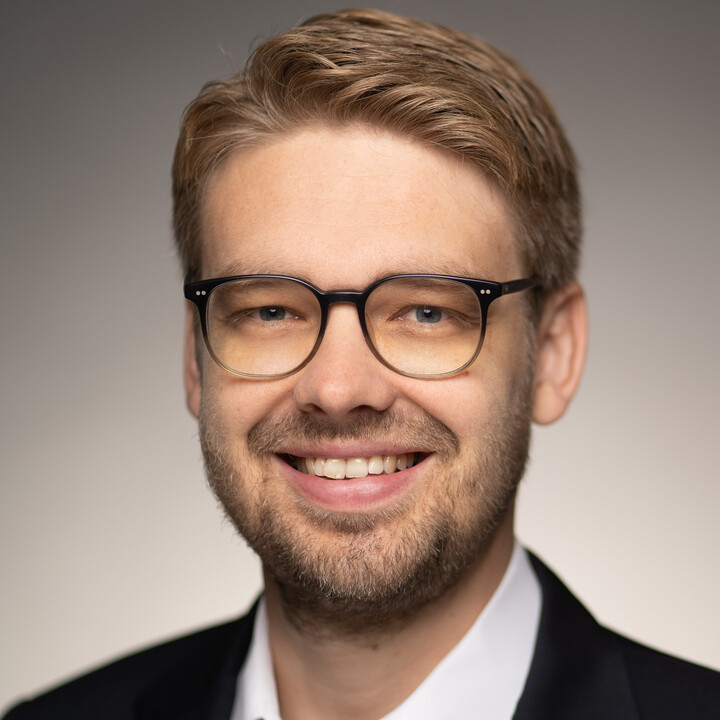Research

How to teach children the basics of IT security
In the SuperCyberKids project, funded by the European Union as part of Erasmus+, an innovative cybersecurity game for children aged 8 to 13 will be developed. A professor of Economic and Business Education of the University of Mannheim has developed the competency model which is the basis of the project.

Drones delivering lab samples offer much potential for city logistics
After three years, researchers of the Institute for Enterprise Systems (InES) of the University of Mannheim and six other project partners have successfully completed the “mobil-e-Hub” project. At the closing event, which took place in Heidelberg last week, they showed how a drone can automatically deliver a parcel. The goal of the project, funded by the Federal Ministry for Economic Affairs and Climate Action, is to make city logistics more efficient and sustainable.

Does evening “recovery” affect a person’s mood at work the next day?
Researchers at the University of Mannheim found that the mood with which people start work in the morning is impacted by the quality of their recovery the evening before.

A second life for electric car batteries
Mannheim scientists develop a decision model for retired lithium-ion batteries.

Trump’s punitive tariffs against China hurt the U.S. most of all
A new study led by Lei Li, Assistant Professor of Applied Microeconomics at the University of Mannheim, shows that nearly 100 percent of U.S. punitive tariffs were borne by American importers from 2017 to 2019.

How to get your children to eat more fruits and vegetables
Children will eat more fruits and vegetables if families take more time to eat meals. This is the result of a new study of health psychologist Professor Jutta Mata from the University of Mannheim and Professor Ralph Hertwig, Director at the Center for Adaptive Rationality of the Max Planck Institute for Human Development in Berlin.

People misjudge the amount of sugar in foods – limited information can already help
If people know the sugar content of certain foods and drinks, they are more able to estimate the correct amount of sugar in other foods. This is the result of a psychological study at the University of Mannheim.

New EU report on why women in academia need special support even after the pandemic
The European Commission has published a new report (Policy Report) on the consequences the coronavirus pandemic has had on women in research and development. A central finding is that female early-stage researchers, in particular, are suffering from the consequences of the pandemic and need more support. This is the key result of the study conducted by the working group headed by Marc Lerchenmüller, researcher at the Business School of the University of Mannheim, which focused on women in the early career stage. In total, 14 researchers from all over Europe have formed four working groups on different topics and worked on the report.
